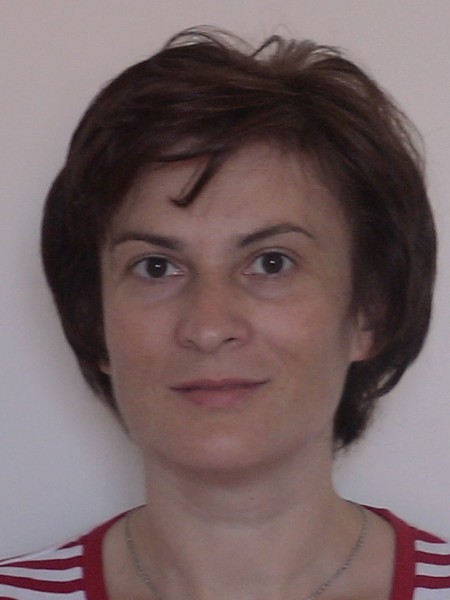abstract
Diphenylalanine (FF) demonstrates a robust ability to self‐assemble at the nanoscale forming a variety of structures ranging from nanospheres to nano‐ and microtubes resulting in outstanding functional properties including pyro‐ and piezoelectricity. FF nanotubes mimic the structure of β‐amyloid fibrils characteristic of Alzheimer's disease and thus can serve as a model material in biology and medicine. In this work, we report experimental proof that water trapped inside nanotubes exhibits dielectric properties similar to that of bulk water despite being confined in an ∼1 nm internal cavity. FF peptides thus provide a suitable template for the stabilization of the tetrahedral configuration of bulk water. Several phase transitions were observed via broadband dielectric spectroscopy and differential scanning calorimetry. Of these, two glass transitions at 205 K and 133 K related to different phases of water were found. The presence of α‐relaxation in the so‐called “no man's land” leads to a global glass transition at Tg = 133 K and structural phase transition at 230 K characteristic of tetrahedral water. The characterized collective response of water dipoles to an external electric field renders high pyro‐ and piezoelectric activity and non‐linear optical effects in FF dipeptides, conferring polarization‐dependent functionality to this important class of biomaterials.
authors
Ferid Salehli, Abuzer O. Aydin, Drahomir Chovan, Svitlana Kopyl Vladimir Bystrov Damien Thompson Syed A.M. Tofail Andrei Kholkin
our authors
acknowledgements
This work was developed within the scope of the project CICECO‐Aveiro Institute of Materials, FCT refs. UIDB/50011/2020 & UIDP/50011/2020, financed by national funds through the FCT/MCTES. S.K. and A.K. were partly supported by FCT (Portugal) through the Project PTDC/CTM‐CTM/31679/2017 ‐ “BioPiezo” and joint Portugal‐Turkey project (TUBITAK/0006/2014). S.K. and A.K. were partly supported by FCT through the project “SelfMED” (POCI‐01‐0145‐FEDER‐031132). Part of this work was funded by national funds (OE), through FCT – Fundação para a Ciência e a Tecnologia, I.P., in the scope of the framework contract foreseen in the numbers 4, 5, and 6 of the article 23, of the Decree‐Law 57/2016, of August 29, changed by Law 57/2017, of July 19.


